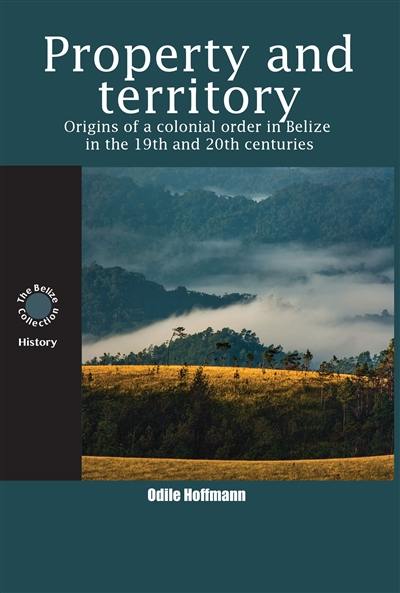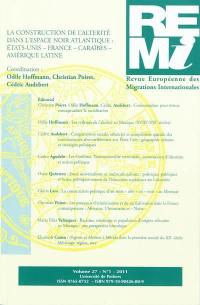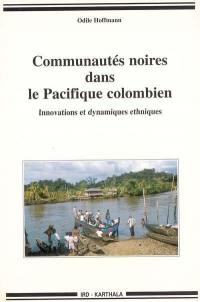
Fiche technique
Format : Broché
Nb de pages : 214 pages
Poids : 400 g
Dimensions : 16cm X 23cm
ISBN : 978-2-7099-2806-9
EAN : 9782709928069
Property and territory
origins of a colonial order in Belize in the 19th and 20th centuries
Quatrième de couverture
For a long time, the genre of Belizean historiography has been defined by a blindness toward the Earth. If colonial historiography treated the Earth as nothing more than brute nature - a blank canvas upon which the British did their business - then critical or post-colonial historiography has generally ignored the problem.
Odile Hoffmann confronts this situation with a major two-part intervention into Belizean historiography. The first contribution was published by Cubola in co-edition with the Institut de Recherche pour le Développement (IRD) in 2014. Entitled British Honduras : The invention of a colonial territory, mapping and spatial knowledge in the 19th century, the book compiles the most important maps in the history of the colonization of British Honduras.
Property and Territory : Origins of a colonial order provides Belizeans and scholars of Belize with the first proper study of the transformation of the Earth into its two familiar forms : territory and property.
The becoming-property and territorialization of the land we call Belize is the central object of analysis in Hoffmann's study. Drawing upon extensive archival research as well as interviews with diverse actors, the book explains the geographical and political complexities surrounding land in Belize.
The book's three closing chapters provide historical case studies of land politics in Corozal, Orange Walk, and Toledo. The result is the most important study of land in Belize since the path-breaking work by O. Nigel Bolland and Assad Shoman in 1977.
With these two volumes, Hoffmann has made a singular contribution. Above all, these books demonstrate beyond a doubt that the making of modernity in Belize was a process of transforming the Earth into property and territory-a process initiated for the sake of a profoundly unequal colonial order, which, forty years after independence, lives on.
(From Joel Wainwright's Prologue)








